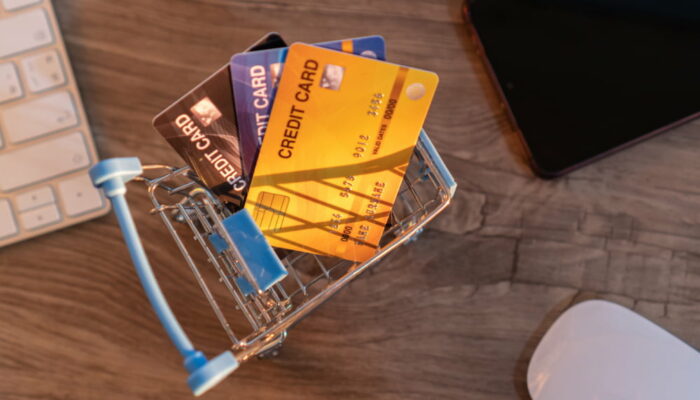
finance
Top 5 buy now, pay later apps to save money
Buy now, pay later (BNPL) apps help save money. People often use these apps to buy expensive products while paying for them later in smaller installments. Since there are many BNPL apps out there, finding one is easy. However, individuals must pick the right option for the best benefits in the long term. Those who find it hard to decide can consider these five most popular apps to save money. Affirm With numerous BNPL plans, Affirm is a top choice among those looking to save big. Its standard pay-in-four plan with zero interest is particularly popular among shoppers. Aside from this, monthly plans such as three-, six-, 12-, and 60-month repayment plans are also available. All of these have interest rates ranging from 0% to 36% APR. Besides, the app has partnerships with some of the most significant online and offline retailers, which makes it more attractive to consumers. The best part is that one does not have to pay fees to use Affirm! Sezzle Sezzle is great for those looking for BNPL apps that offer flexible payment plans. It lets customers push payments and get two extra weeks to pay back. Moreover, the first reschedule for every order costs practically $0.
Read More 





